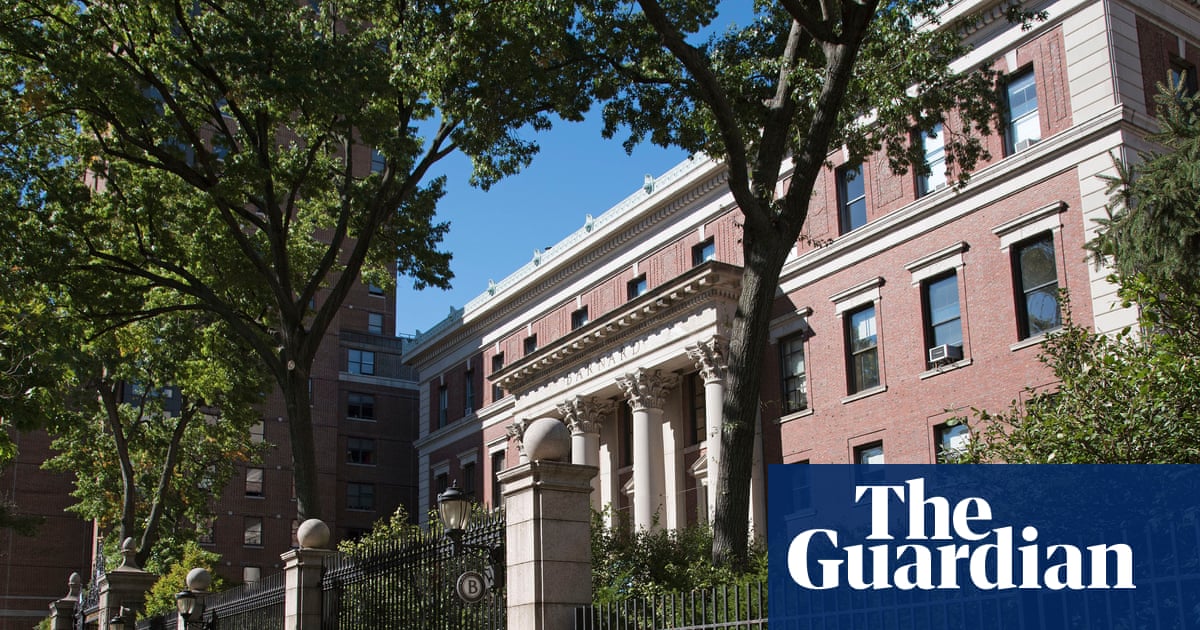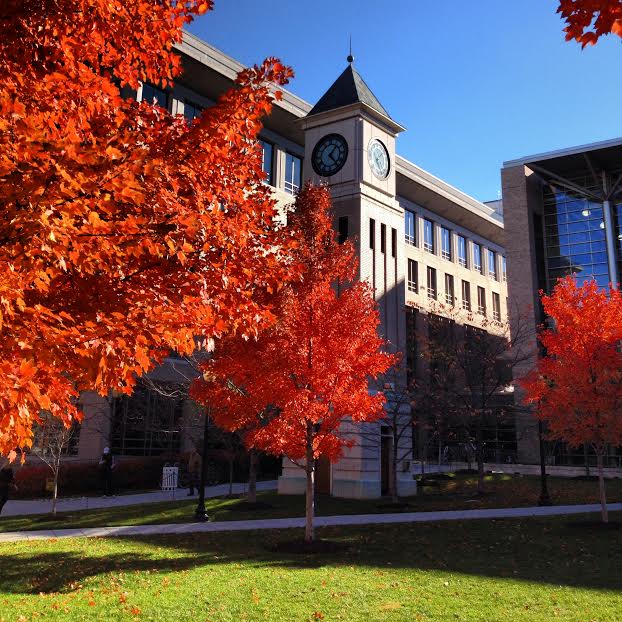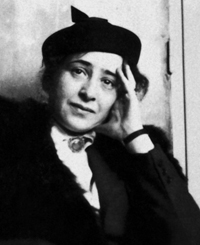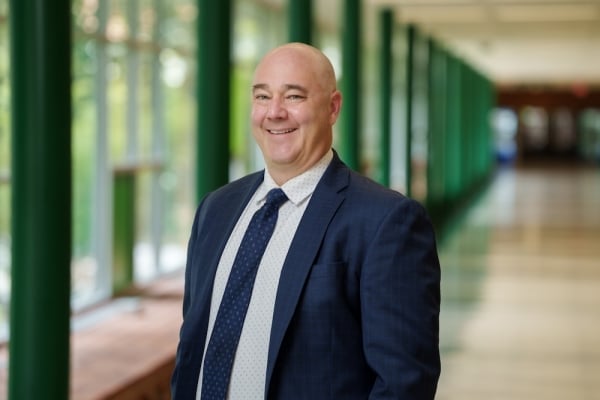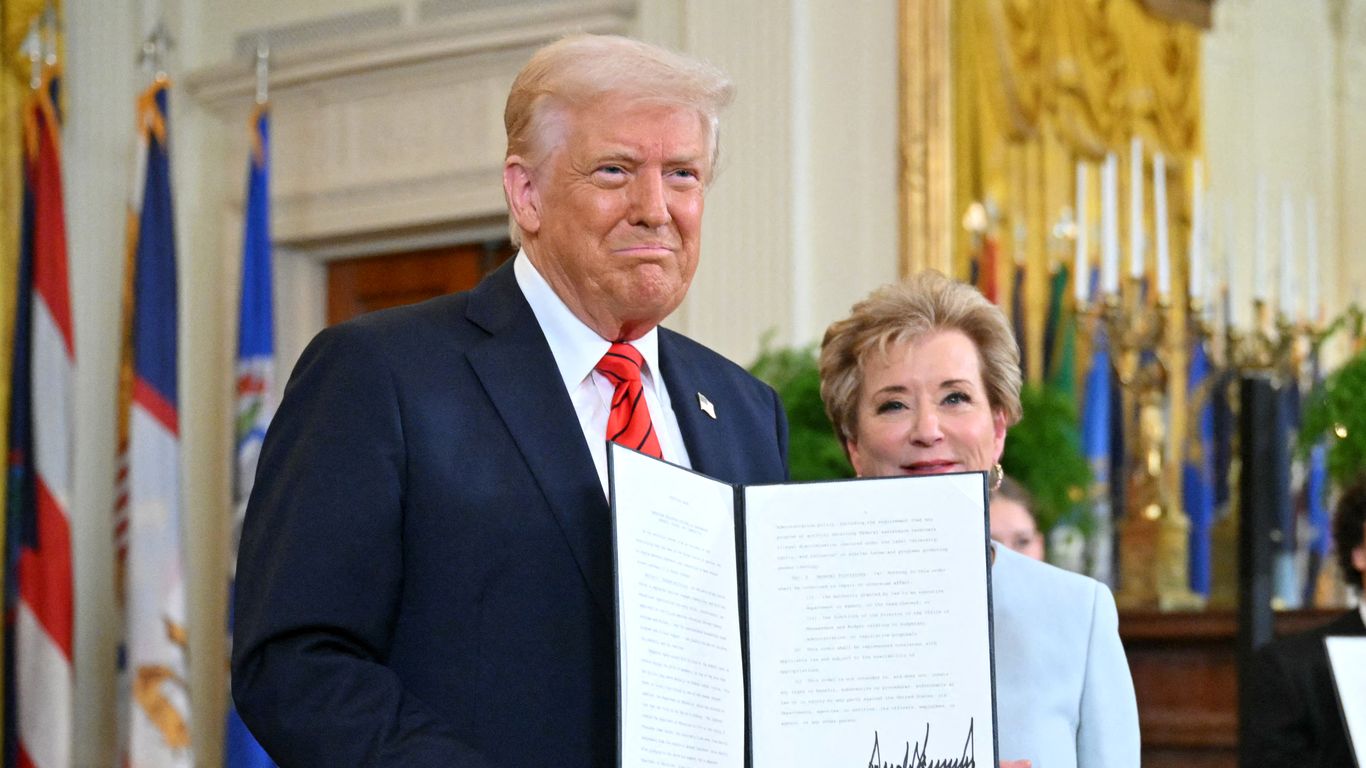fromInside Higher Ed | Higher Education News, Events and Jobs
1 day agoWashU to Acquire Nearby University
This moment reflects the best of who we are as an institution-thoughtful, mission-driven and committed to strengthening health sciences education for the long term. By integrating UHSP's pharmacy program, we are building on a legacy of partnership and taking a forward-looking step to ensure that pharmacy education in St. Louis continues to thrive.
Higher education
